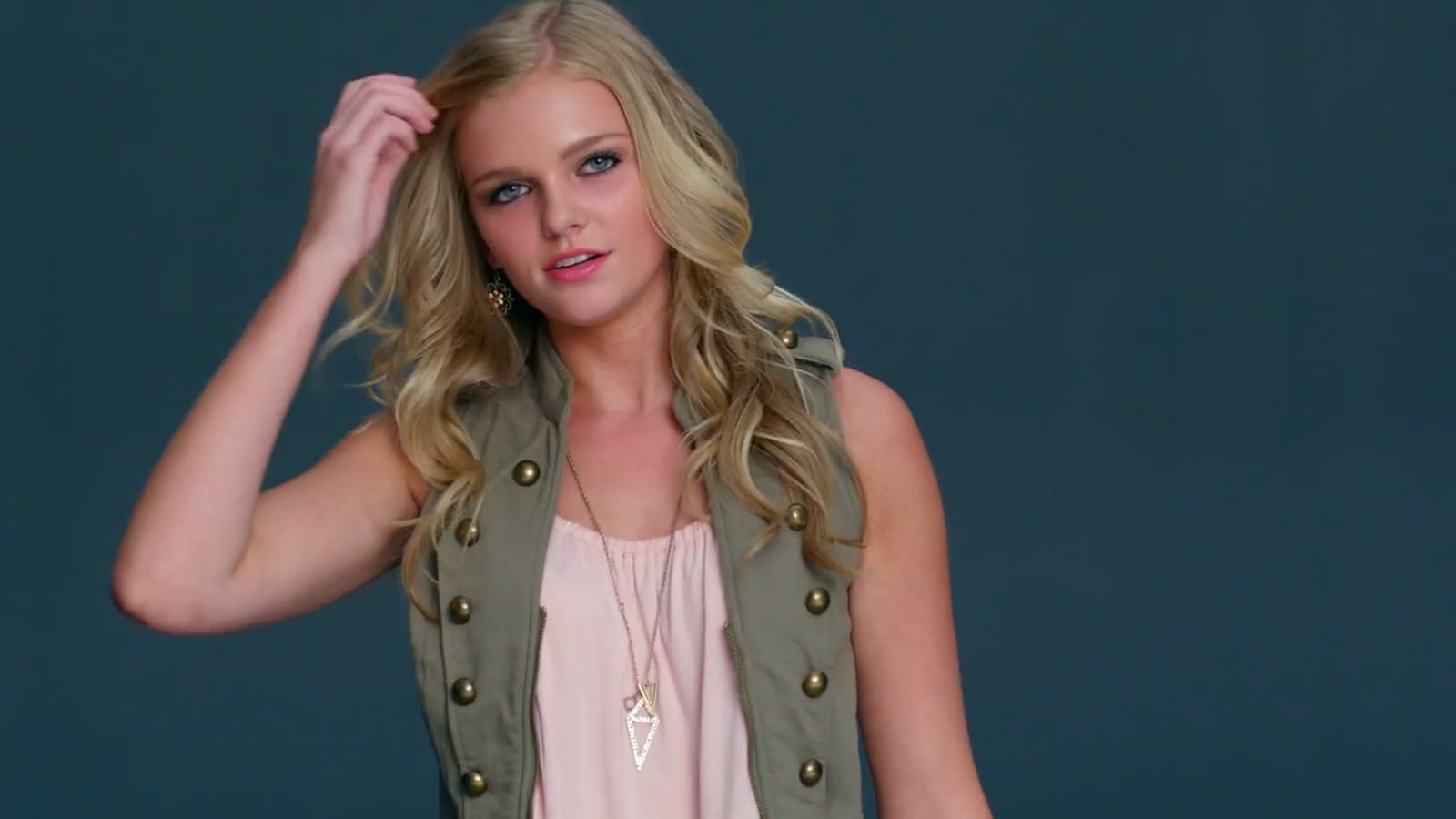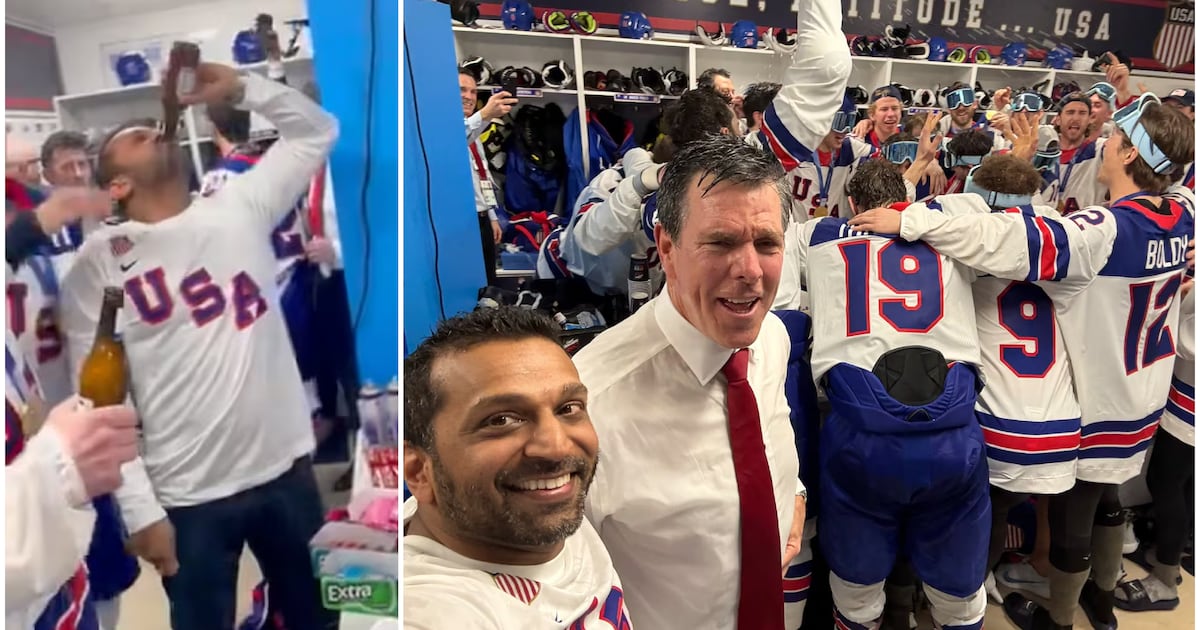
Award-winning director Lauren Greenfield’s latest video builds a simple and sobering message around the idiomatic insult “you [throw, run, hit, etc.] like a girl.” The woman behind The Queen of Versailles interviews grown men and women and a young boy to act out what it means to run, throw, or fight “like a girl.” She then compares their overly weak and flouncy physical displays to the admirably ferocious way pre-adolescent girls act out the expression. The contrast makes it all too clear how young women lose self-esteem the more they grow up and hear “like a girl” as a derogatory statement.
And then, as this short but powerful video progresses, you’re hit with the message “Join us to champion girls’ confidence at Always.com.” Excuse me, Always? You mean the Procter & Gamble Co. entity, the self-described maker of “feminine” products, is now claiming to lead the battle cry for empowering young women?
People are rushing to praise Always’ latest ad. Yes, it’s far more appealing on the surface to have pads and tampons promoted as somehow part of a larger goal to change the meaning of “like a girl.” But the campaign is shamelessly emotionally exploitative. It demonstrates real problems—femaleness as a derogatory statement, decrease in self-confidence as women mature—in a beautiful and clear way, but then pretends a corporate manufacturer of panty liners meant to “help you feel fresh ever day” can solve them.
Always’ campaign is part of a new advertising trend in menstrual products. Gone are the commercials based around being discreet and hiding the fact that you’re menstruating. Period shame is out and empowerment is in. Amanda Hess at Slate laments that “it’s a little sad that all of this enthusiasm for women’s stories are leading us directly to a box of maximum protection wings, while female filmmakers and characters are still so underrepresented at the box office.” However, the “feminine” product industry was long in need of a revamp. If creative, intelligent women want to help improve it, then right on, sister.
But the self-righteous tone of Always’ “Like a girl” campaign is irritating, perhaps because the noble message has nothing to do with the product, tampons, panty liners, pads. Yes, I get that Always is attempting to build large, overarching connections between girls getting older and losing self-esteem. But how exactly are the products Always is hawking going to do that? If Always is going to peg a giant message about self-confidence without any actual mention of menstruation in the commercial, it seems somewhat deceptive.
The more successful campaigns to challenge the feminine product conventions actually acknowledge what they are selling. Bodyform’s 2012 ad mocking the “blue liquid” symbolism was so charming and refreshing because it directly presents one of the industry’s most ridiculous practices—and recognizes the criticism for such a silly euphemism. HelloFlo’s 2013 Camp Gyno video was flat-out brilliant because it actually showed an age-appropriate girl getting her first period (shocker) and dared to actually mix humor with menstruation. Fake blood even spurts out of a Dora the Explorer doll. HelloFlo’s recently launched First Moon Party is even more fantastic.
These advertisements don’t make bold philosophical messages about what it means to be a woman—and that’s OK. In fact, they are more admirable and successful because they take on the smaller, but concrete challenges of dealing with the reality of menstruation. For young women, it can still be difficult to talk about their periods; they may feel embarrassment and confusion surrounding it, especially when they first get it. The feminine product industry has helped create that shame surrounding menstruation, but it is also in the best position to destroy it. However, that’s not by claiming a specific type of tampon helps build self-confidence.
Because it fails to mention it’s, you know, selling a menstrual product, Always’ “Like a girl” seems more like the clever, but completely contrived Virginia Slims’ “You’ve come a long way, baby” campaign. The famous 1960s campaign attached cigarettes to a mainstream-friendly version of Women’s Liberation. While it clearly does not have the same detrimental health effects of Virginia Slims, Always also attempts to attach itself to some larger movement feminist-minded movement, and as a result, it rings false and disingenuous.
Snaps to Always for claiming it wants to improve young girls’ self-esteem. But until the company shows me how it is actually helping to do that, I am sticking to off-brand tampons.






